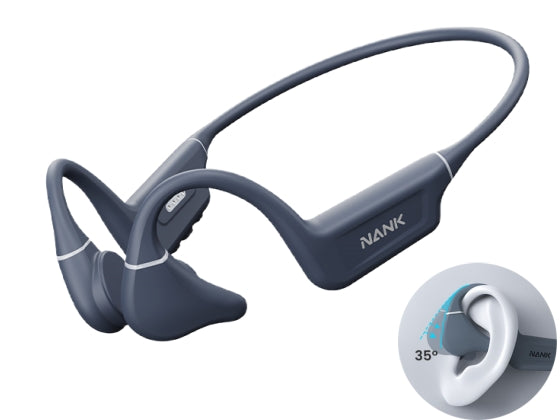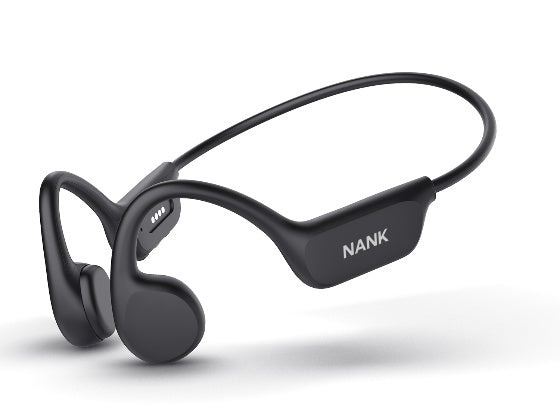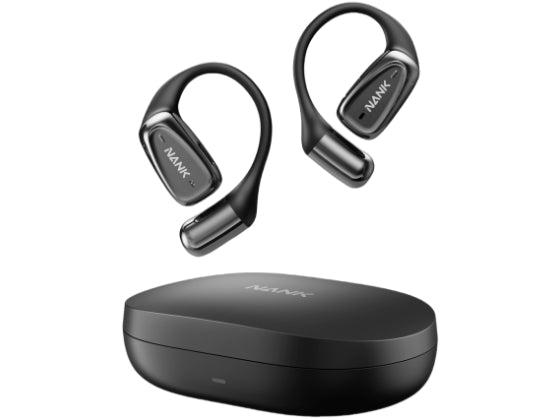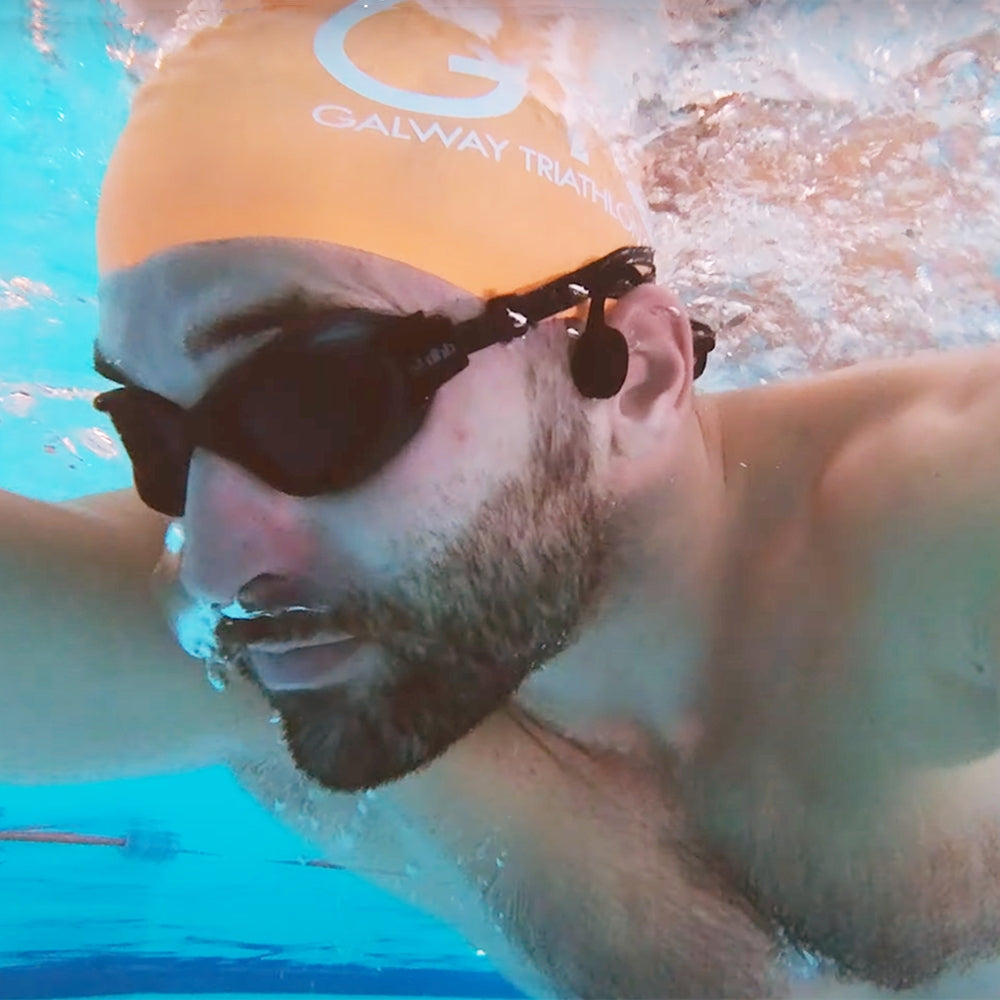Studies have shown that the right beat can make or break your workout. Whether you're lifting weights, running a marathon or practicing yoga, music can boost your motivation and improve your performance. But why is this so? How exactly does music affect your workout? In this article, I'll dive into the science behind music's impact on your workout, explore how different types of music can enhance your fitness journey, and give you practical tips on how to make the perfect playlist to boost your performance.
The Psychological Power of Music During Exercise

One of the most powerful ways that music can have an impact on exercise is through psychological effects. Music is essentially a motivational tool. Studies have shown that music activates the brain's reward system, releasing dopamine, a “feel-good” neurotransmitter. This release improves our mood and helps us feel more energized and ready to tackle physical challenges. This explains why we feel instantly refreshed when our favorite song comes on during a workout.
But music doesn't just improve our mood. Music can also help us regulate our feelings of effort and fatigue. When you're mentally and physically engaged in an intense workout, it's easy to become overly aware of how tired you are. This can lead to mental blocks that make you feel like you can't go on. However, listening to music while wearing runner diver2 pro is a way to distract yourself. It takes your mind off your fatigue and keeps you going. This phenomenon is called “detachment” - we lose sight of the negative aspects of the workout and focus on the rhythm of the music instead.
For example, when running or biking, fast-paced music can reduce the perceived effort and make the physical stress of the workout feel less taxing. When your mind is immersed in the rhythm, you may find yourself running longer or riding faster than you initially planned - simply because you're not constantly aware of how tired your muscles are.
The Role of Rhythm: Why Rhythm is So Important in Workouts

Music isn't just about choosing the right song, it's also about finding a tempo that matches the rhythm of your workout. Rhythm, or beats per minute (BPM), plays a crucial role in how music affects your workout performance. Let's break it down.
For aerobic exercise such as running or cycling, the ideal BPM is usually between 120 and 140 BPM. This tempo aligns with the natural rhythm of your workout and makes it easier to synchronize your stride or pedaling to the beat. Music with this tempo helps you maintain a steady pace and encourages you to keep moving without overexerting yourself. Imagine you're running through a city park wearing a runner diver2 pro, your feet synchronized to the beat of an upbeat song - and before you know it, you've unknowingly run for miles.
For strength training, however, you may need some more powerful music. Music with a tempo of 130 to 160 BPM is often great for weightlifting or high-intensity interval training (HIIT) because it creates an energizing atmosphere that can motivate you and help you stay focused. The fast-paced tempo helps keep you energized between sets, while the high intensity of the music reflects the intensity of the workout. It's like having a private advocacy group inside your Nank Bone Conduction Headphones, encouraging you to push harder with each workout.
On the other hand, for activities such as yoga or stretching, a slower tempo (below 90 BPM) is ideal. Music with a more relaxed, soothing tempo helps to calm the mind and focus attention, enhancing the mind-body connection needed for exercises such as positive thinking and relaxation. This slower tempo can complement movements that require deep concentration and control, such as slow stretching or meditation.
Music is the anti-fatigue nemesis: how it can help you overcome fatigue

One of the biggest challenges of any workout is fighting fatigue. When you're running your last mile or completing your last set of squats, the effort required can feel overwhelming. That's when music can be a game changer.
Studies have shown that music can significantly delay the onset of fatigue. When you listen to your favorite music, it decreases your perception of effort. This doesn't mean you're not making an effort, but you feel like you're putting in less effort than you actually are. The right music can be an effective distraction, keeping your brain busy while your body continues to work hard. It's almost like having a mental shield to protect you from the pain of fatigue.
This is especially beneficial during endurance activities like long-distance running or cycling. A study in the Journal of Sports Science and Medicine found that athletes who listened to music during long workouts felt less exertion and performed better than those who did not. Essentially, music not only makes you feel good, it also helps you perform at your best by keeping your mind and body focused.
Create your own playlists to suit your needs

Here are some singles that I recommend for you, and songs that I really like, to help you choose the right music for different types of workouts. Whether you're doing an intense workout or enjoying a relaxing yoga session, the singles below can give your workout a boost.
- "Uptown Funk" by Mark Ronson ft. Bruno Mars
- "Don't Start Now" by Dua Lipa
- "Stronger" by Kanye West
- "Lose Yourself" by Eminem
- "Enter Sandman" by Metallica
- "Till I Collapse" by Eminem ft. Nate Dogg
- "Bury a Friend" by Billie Eilish
- "Weightless" by Marconi Union
- "Sunrise" by Norah Jones
- "Breathe Me" by Sia
- "Reflection" by Brian Eno
- "Harder Better Faster Stronger" by Daft Punk
- "Shallow" by Lady Gaga & Bradley Cooper
- "Weightless" by Marconi Union
- "Lost in Japan" by Shawn Mendes (Acoustic)
- "Sunset Lover" by Petit Biscuit
- "Can't Hold Us" by Macklemore & Ryan Lewis
- "Wake Me Up" by Avicii
- "Healing" by Shaina Noll
- "Ocean Waves" by Nature Sounds
Depending on the needs of your workout, the above recommended song list can help you move fluidly at the right pace and energy from start to finish. When you wear runner diver2 pro and hear your favorite music, you will find that exercising becomes more fun and full of motivation!
Related articles: How to Download Spotify Music for Offline Listening?
Conclusion: Make music your workout partner
The right music can take you from a mundane workout routine to an exciting and motivating experience. By understanding how music affects your brain and body, you can strategically choose songs that improve your performance, enhance your focus, and fight fatigue. Whether you're getting ready for an intense strength training session or ending your workout with a relaxing yoga pose, music can be the ultimate workout companion.
So the next time you hit the gym, put on your running shoes or roll out your yoga mat, remember to put on your runner diver2 pro and let the music guide you. With the right tempo, you'll not only get your workout done, but you'll also get good results.








